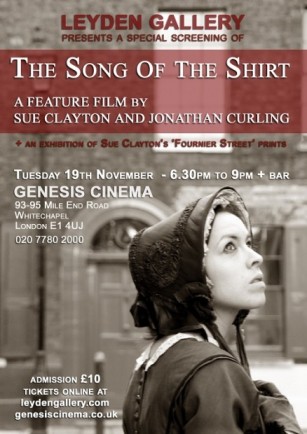I have been writing as a regular culture correspondent for The Norwich Radical since January, and it’s been… an experience. I’ve written about the ideological implications of Wrestlemania, the politics of Pulp’s Common People, and the romance of Romero’s zombie films, but I am making a shift into their community section covering local events on our political scene (don’t worry, HH will continue as always). It seems fitting then, that my last -regular- culture piece is about a totally irregular community radio show. You can check it out by clicking the linked sample-text below. Enjoy… -JB










